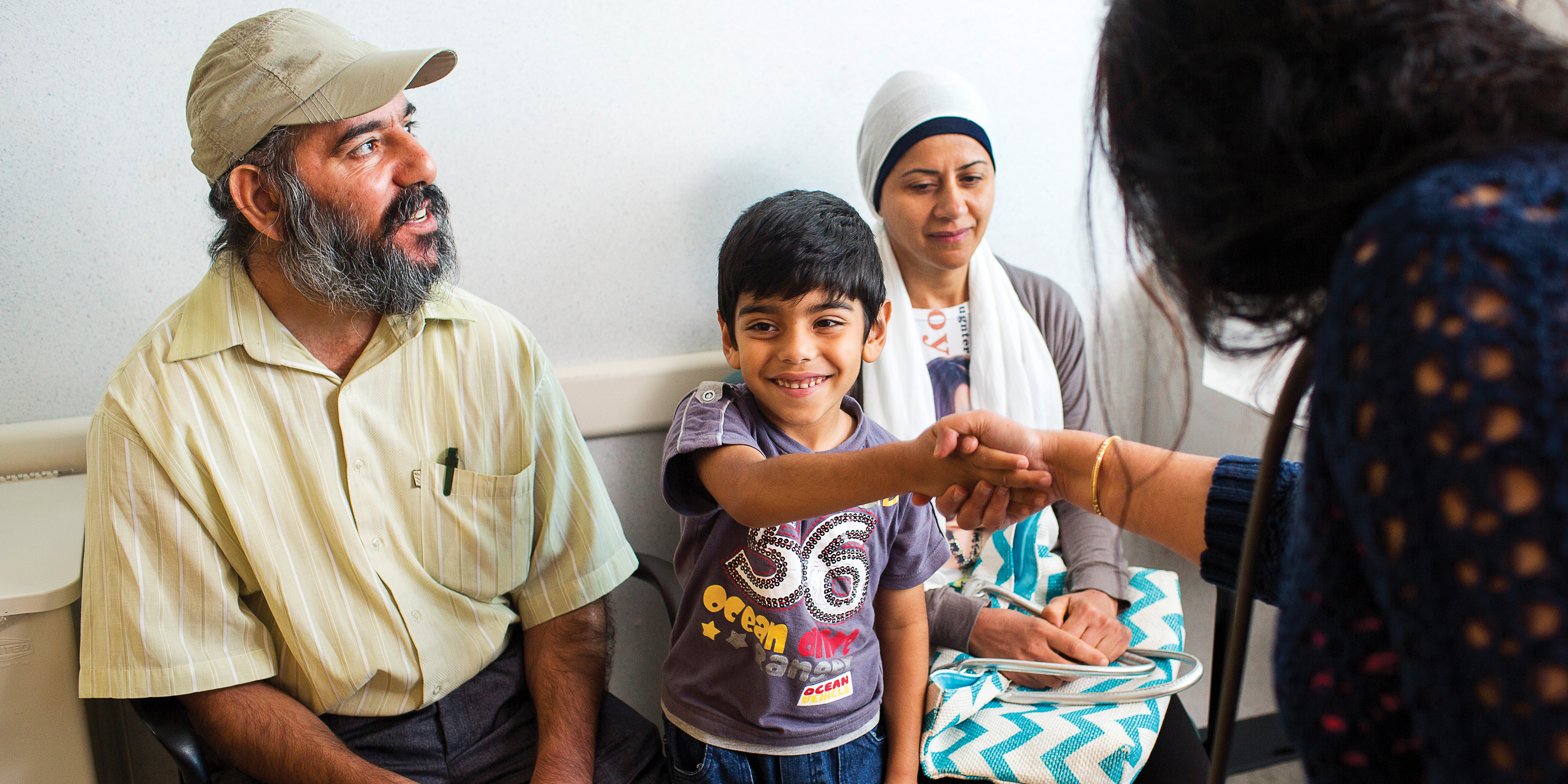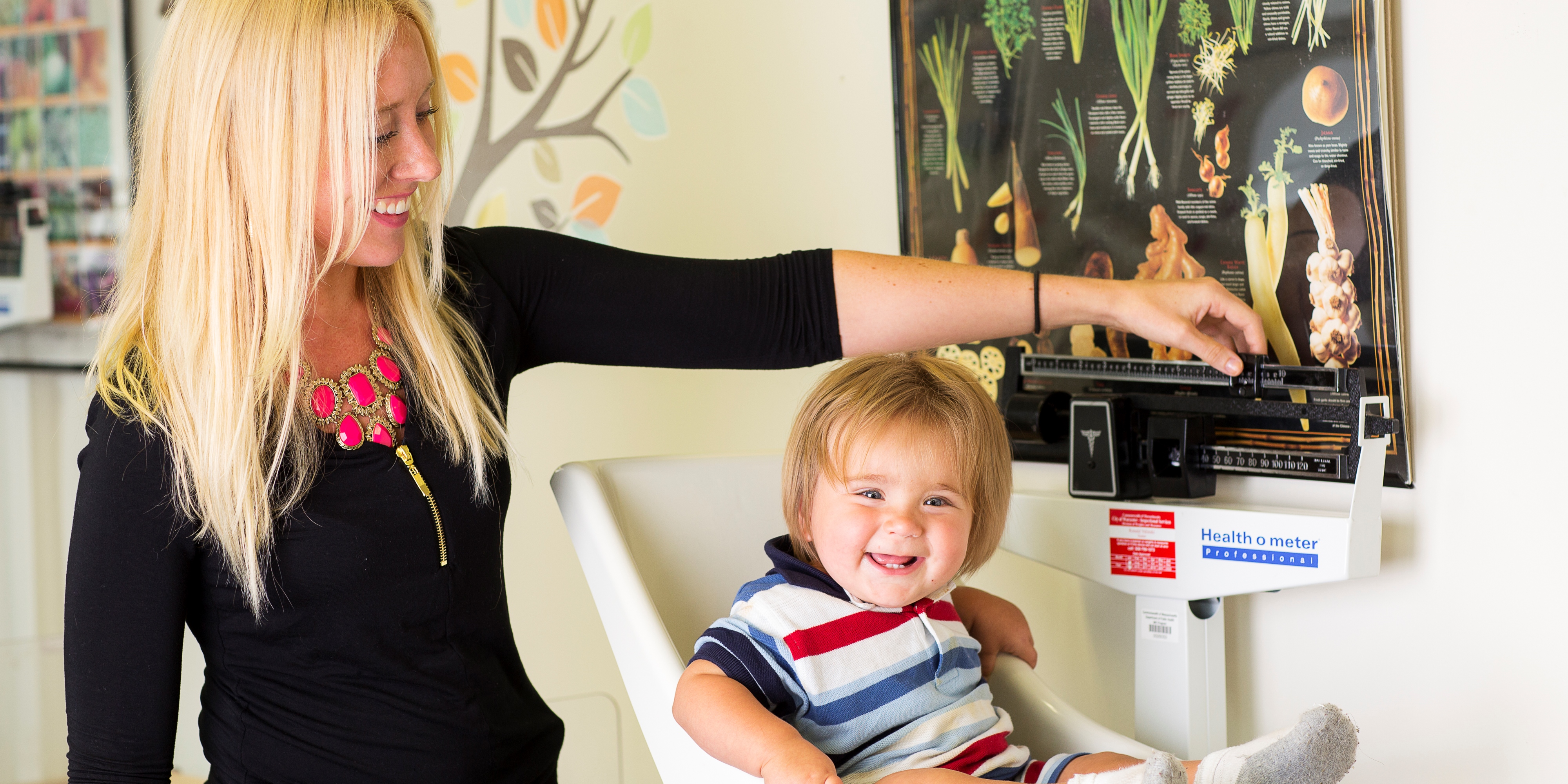Health
Over the course of its life, the Cox Trust has financed efforts to address systemic gaps that cause people to become—or to remain—unhealthy. Community health centers became the focal point of the Trust’s final health initiative for their direct contact with New England’s most vulnerable and hard-to-reach patients. These centers are changing the definition of accessible healthcare as they continue to take innovative approaches to meeting patients’ needs.
Innovations in Access
In 2014, the family grants committee chose to implement a final series of health grants to support innovations in access to healthcare for underserved communities in New England.
While the Affordable Care Act and Medicaid expansion in five of the six New England states had extended access to coverage to millions in the region, true access to quality care for all did not yet exist. People disadvantaged by poverty, poor health literacy, disability, or immigration status continued to fall between the cracks. Those without well-functioning primary care relationships often went without care or appropriate follow-up, or relied on emergency rooms.
Community health centers, long a feature of the health safety net, were closely in touch with their constituents, and some of these organizations had developed good ideas on how to improve true access. The Cox Trust made three multi-year investments in community health center innovations. If successful, these programs will be exemplars to replicate in other locations, and will live well beyond the Trust’s funding life.

Family Health Center of Worcester, MA. Photo: Jared Kuzia Photography
Supporting Community Health
The Trust’s final health grants advance innovations in access to care, including better support from specialists, culturally attuned consults, and services tailored to high-need patients.
Community Health Center, Inc., in Connecticut, has piloted the New England eConsult Network. Through a technology-enabled system, primary care providers can obtain patient-specific advice from specialist physicians located elsewhere. Using electronic communications, these eConsults give health center patients appropriate access to specialists’ expertise at a reasonable cost. Only 14 percent of these patients then require in-person specialty visits. This addresses a significant gap in care. Without this intervention, estimates are that only about 40 percent of specialty referrals from community health centers are completed. The pilot project included a site in Maine; now practices and payers in multiple locations are expressing interest and adopting the system.
In Massachusetts, the Family Health Center of Worcester, which serves a large population of immigrants and refugees representing 43 languages, has revised the jobs of its medical interpreters to serve also as cultural navigators, assuring that limited-English-proficient patients understand their care and medications and receive follow-up services as indicated. Early results show improved patient compliance, and an evaluation study will analyze patient outcomes.
Thundermist Health Center in Rhode Island has implemented two Community Health Access Teams to serve 1,600 of its most complex and high-need patients, who may be challenged by factors such as chronic disease, poverty, mental illness, homelessness, and trauma. Supported by real-time data systems, a dedicated team of community health and social-service professionals reach out to enrolled patients and support them in receiving health, behavioral health, and other necessary services. Results to-date are strong, but financial sustainability has not been reached. Rhode Island Medicaid and entities in other states have expressed interest in Community Health Access Teams as an important model of care.
Partners
Visit our partners who are continuing this important work:
- Community Health Center, Inc. (Connecticut)
- Family Health Center of Worcester (Massachusetts)
- Thundermist Health Center (Rhode Island)
Resources
Read more about the vital work of community health centers:
